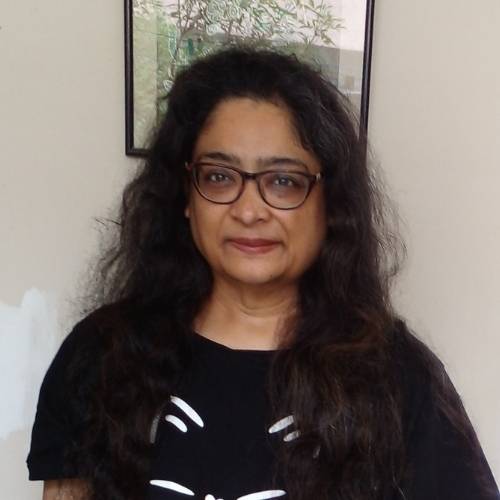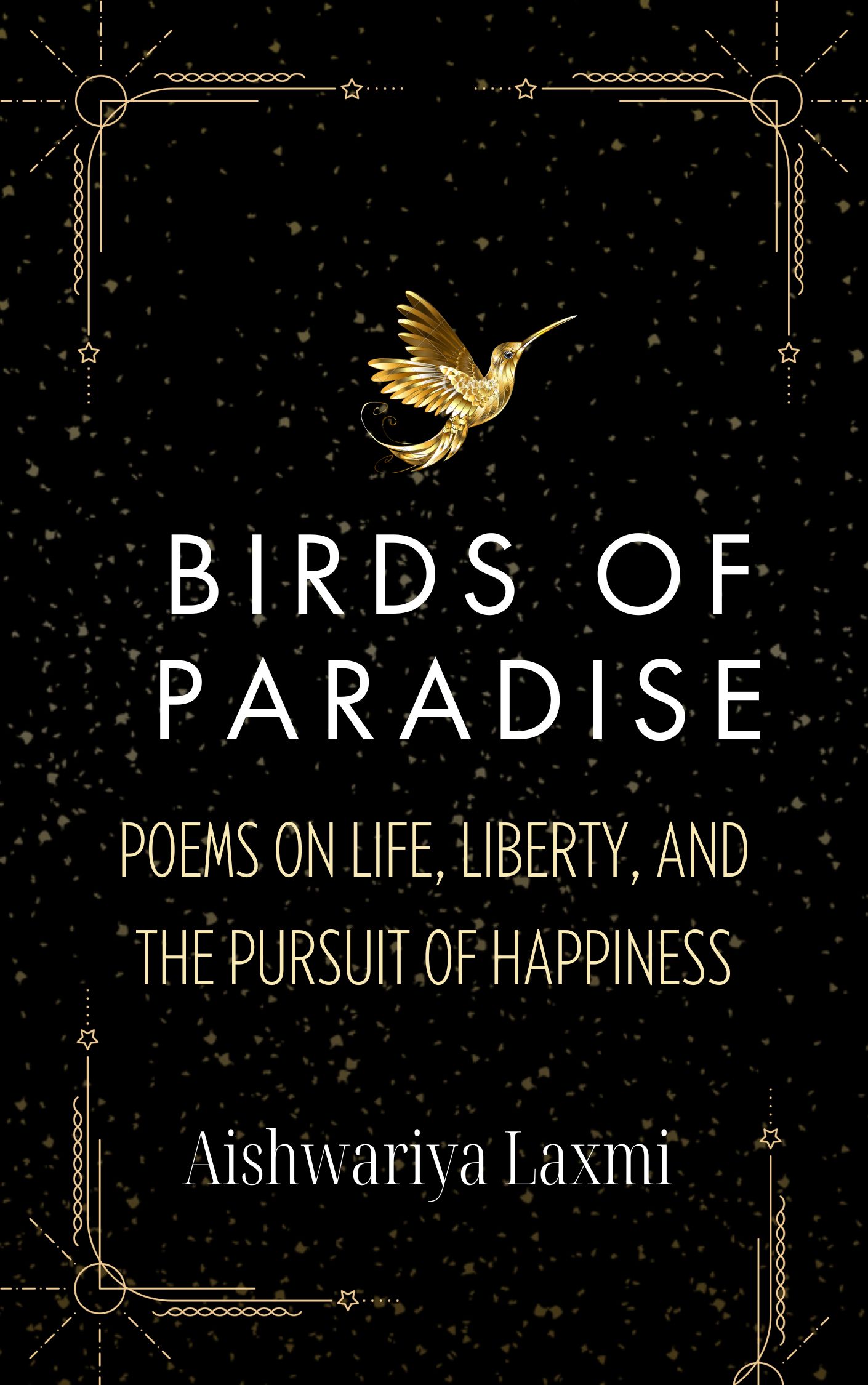
Passover, also known as Pesach, is a major Jewish holiday commemorating the Israelites’ liberation from slavery in ancient Egypt. It celebrates the “passing over” of the Angel of Death during the Ten Plagues, sparing the firstborn of the Israelites. Passover begins on the 15th day of the Hebrew month of Nisan, which usually falls in March or April. The holiday lasts for seven or eight days, depending on location and tradition.

Passover is a time of remembrance, celebration, and reflection. Jewish families gather for a special meal called the Seder, where they retell the story of the Exodus, eat symbolic foods, and discuss the meaning of freedom and redemption.
Here’s a more detailed look at Passover:
- The Story of the Exodus:Passover commemorates the miraculous events of the Ten Plagues and the Israelites’ escape from Egypt, guided by Moses.
- The Seder:The Seder is the centerpiece of Passover celebrations. It is a ritualistic meal that follows a specific order, including prayer, singing, and retelling the story of the Exodus.
- Symbolic Foods:The Seder plate contains symbolic foods, each representing a different aspect of the Exodus story, such as the bitter herbs representing the bitterness of slavery or the roasted egg representing the festival sacrifice and spring.
- Matzah:Passover is also characterized by the consumption of matzah, unleavened bread, which is symbolic of the hurried departure of the Israelites from Egypt.
- Chametz:To commemorate the hasty departure of the Israelites, Jewish people do not consume any chametz (leavened bread) during Passover.
- Duration:Passover lasts for seven days in Israel and eight days in the Jewish diaspora.











